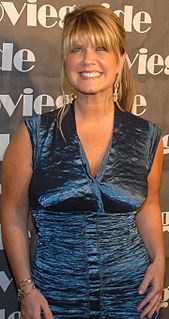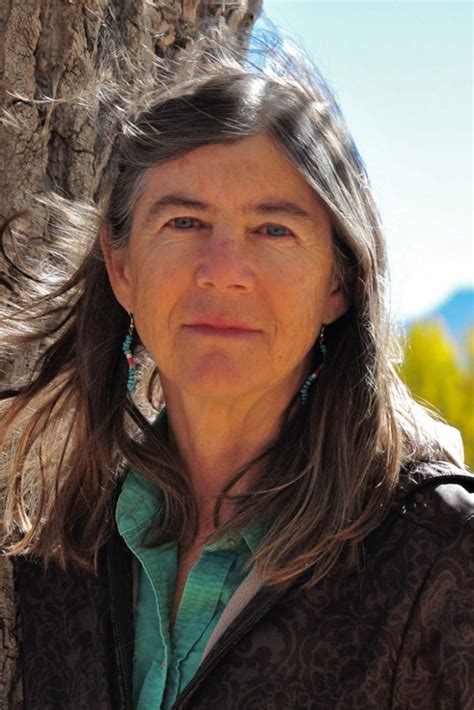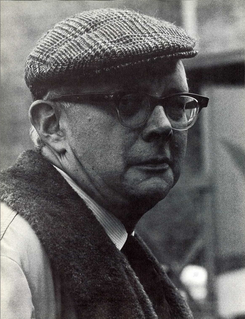A Quote by Jorie Graham
I wanted to pack a lot into the lyric, but not go beyond its bounds. Some have written that I wanted to expand what the lyric could do. I just want the hugeness of experience-which includes philosophical discursiveness-to move at a rate of speed that kept it (because all within one unity of experience) emotional. Also, often, questions became the way the poems propelled themselves forward It brings the reader in as a listener to a confession[.] A poem is a private story, after all, no matter how apparently public. The reader is always overhearing a confession.
Quote Topics
After
Also
Always
Apparently
Became
Because
Beyond
Bounds
Brings
Confession
Could
Emotional
Expand
Experience
Forward
Go
How
Just
Kept
Listener
Lot
Lyric
Matter
Move
Often
Overhearing
Pack
Philosophical
Poem
Poems
Private
Public
Questions
Rate
Reader
Some
Speed
Story
Themselves
Unity
Want
Wanted
Way
Which
Within
Written
Related Quotes
I think that the casual reader and the lyric and confession are trickily tied up together. I mean often when I read my students' poems my first impulse is to say, "O, the subject of this pronoun, this 'I,' is whatever kid wrote this poem." The audience for lyric poems is "confessionalized" to some extent. And I think this audience tends to find long narrative poems, for instance, kind of bewildering.
There are definitely connections between poems, but I wanted each to stand on its own. I guess it goes back to the idea of trying to zoom in and out, and to modulate, so there are different ways of looking at any experience for the reader. Even having short poems and long poems - there has to be some kind of variation in the experience of reading as a whole.
My poems are certainly in the lyric tradition, but perhaps a reader can tell me more precisely who I am as a poet. How can I be so old and not know? I have always been deeply grateful for the urge to write, the desire to create, that's certain. Writing has always been the way I make sense of life. Perhaps my poems define me, rather than the other way around. They do constantly surprise me.
When I began to write novels, I wanted to keep that element of interaction with the reader that exists in poetry, not just for the reader to be shepherded from A to B to C to D but to participate, and the less you say sometimes, the better it is. You know, it's the way when someone speaks very quietly, you move forward so you can listen more carefully.
I hope any poem I've ever written could stand on its own and not need to be a part of biography, critical theory or cultural studies. I don't want to give a poetry reading and have to provide the story behind the poem in order for it to make sense to an audience. I certainly don't want the poem to require a critical intermediary - a "spokescritic." I want my poems to be independently meaningful moments of power for a good reader. And that's the expectation I initially bring to other poets' writing.
No one can threaten poetry. It's always been there, always will be. Humans need it to live: it has sustaining powers. How could we (anyone) get through adolescence without some form of song? Song is only a version of lyric poetry that is carried more by melody than by internal coherence and unity. but lyric and song - they are the same.
I don't let a poem go into the world unless I feel that I've transformed the experience in some way. Even poems I've written in the past that appear very personal often are fictions of the personal, which nevertheless reveal concerns of mine. I've always thought of my first-person speaker as an amalgam of selves, maybe of other people's experiences as well.
Could we say that the short short is to other kinds of fiction somewhat as the lyric is to other kinds of poetry? The lyric does not seek meaning through extension, it accepts the enigmas of confinement. It strives for a rapid unity of impression, an experience rendered in its wink of immediacy. And so too with the short short.





































